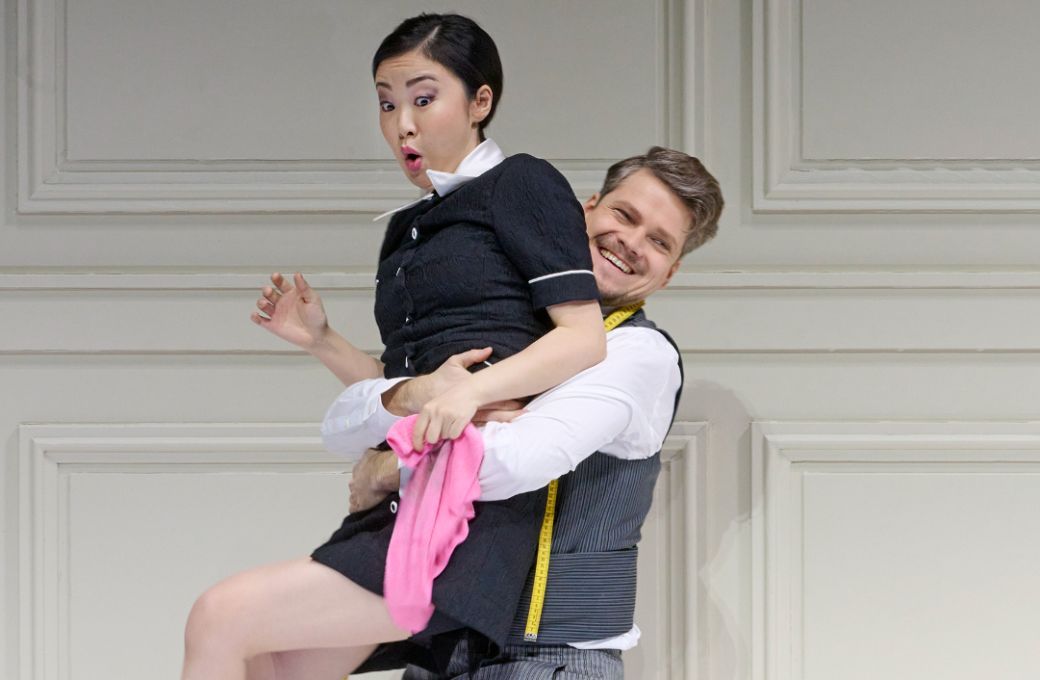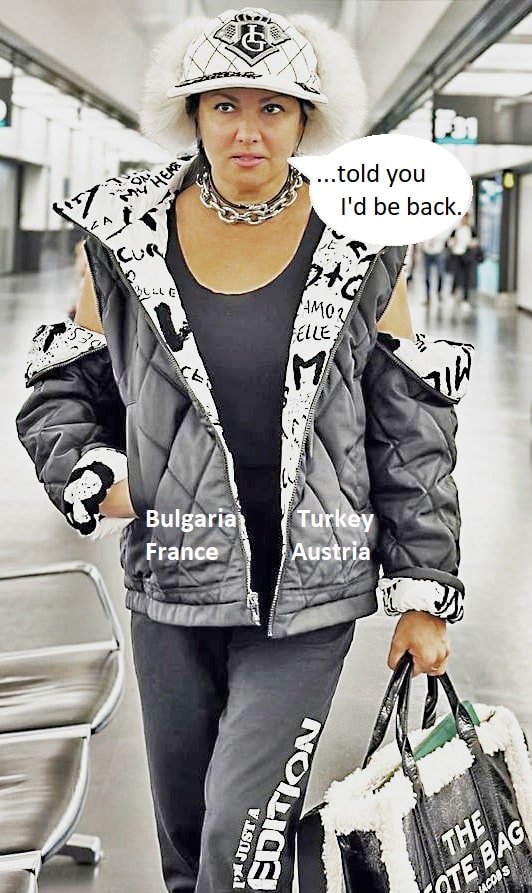Vienna Opera puts Figaro on TV without Susanna
OperaTonight the new Nozze di Figaro production will be broadcast on TV (ORF and Arte) from the Vienna State Opera.
According to Director Roscic, Ying Fang – Susanna – was diagnosed at lunchtime last Saturday with a vocal cord haemorrhage.Another Susanna sang in the orchestra pit and Ms. Fang just acted it out on stage. Everyone understood this was an emergency solution.
But tonight is the fourth performance of the series and they still haven’t replaced the mute Ms Fang. An emergency procedure has become routine, just as it has at covent Garden.






Comments